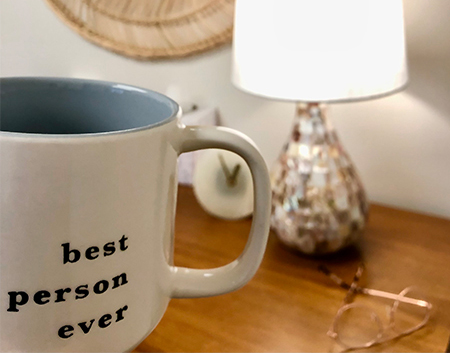Psychedelic Harm Reduction and
Integration Therapy
 You’re curious about it…
You’re curious about it…
Maybe you’ve read Michael Pollan’s book: How to Change Your Mind: What the New Science of Psychedelics Teaches Us About Consciousness, Dying, Addiction, Depression, and Transcendence.
Perhaps you’ve seen the articles about psychedelics’ healing properties cropping up across various media platforms – from the New York Times to Newsweek.
Or, you have friends or colleagues who have talked about taking “journeys” that have changed their lives…
 You may wonder if psychedelics are the “magic bullet”…
You may wonder if psychedelics are the “magic bullet”…
… you’ve been looking for to finally heal your trauma, get rid of your anxiety, or elevate your spiritual growth.
Ketamine infusions and Ketamine-assisted Psychotherapy (KAP) are being prescribed by more and more mental health professionals to augment treatment-resistant depression, for its quick-acting effects unlike other, traditional antidepressant medications.
Other than ketamine, psychedelic compounds such as MDMA and LSD are still illegal and they’re powerful, mind-altering tools that can disrupt your experience of reality and self.
We know you have questions…
What to expect?
Is it safe?
How do you prepare for such an experience?
 Have you heard of “set and setting”?
Have you heard of “set and setting”?
It refers to your MINDSET going into a psychedelic experience and the SETTING in which the experience takes place.
When it comes to a non-recreational psychedelic experience, both “set” and “setting” are important for reducing risk and increasing potential benefits.
At Sentient Psychotherapy, you may opt to participate in KAP with a certified KAP therapist, which will include preparation and integration sessions, but we will NOT provide or refer you to any person who administers or sells illegal substances.
Whatever choices you are considering for yourself, we DO support you by helping you reduce harm and integrate the experience.
Preparation helps reduce harm…
… by attending to your mindset going into the experience.
It’s understandable that you’re curious and want to find out for yourself what all the fuss is about.
It’s also likely that there are parts of you that are scared, uncertain, anxious, and doubtful.

- Better understand what’s motivating your desire to try psychedelics
- Explore your expectations to see if they’re realistic
- Consider your intentions for the experience
- Assess for any contraindications – any pre-existing conditions or medications that might affect your experience
- Discuss your external support systems and your thoughts about telling your family or friends
- Make sense of and address your fears and doubts
- Learn how to vet a potential setting to determine that is safe, with people you can trust
- Strengthen and trust your mindset
 Integrating the experience after the fact…
Integrating the experience after the fact…
Integration means taking the insights, emotions, or attitudes you might gain from a psychedelic experience and processing them into desired areas of your life.
We can help you turn your intentions and insights into action, bringing them into your reality.
Sometimes people also report challenging experiences, increased distress and anxiety, disorientation, and traumatic encounters with psychedelics when used outside of clinical trials.
That’s another reason why integration therapy is so important…
It can help you make sense of and process any challenging, disturbing, or upsetting experiences you may have had with psychedelics.
Protect your mental health.
We see more and more scientific articles detailing the beneficial effects of Psilocybin, MDMA, and Ketamine on treating PTSD, end-of-life anxiety, treatment-resistant depression, OCD, and various dependencies after just a few sessions within clinical trials.
We’re not recommending the use of psychedelics one way or another; the choice is up to you. We are here to help you work through the decision-making process and support you after the fact.
Complete the form below or call us now to book your free, 15 minute consultation today: (646) 586-3311.

 Have you heard of “set and setting”?
Have you heard of “set and setting”? Integrating the experience after the fact…
Integrating the experience after the fact…